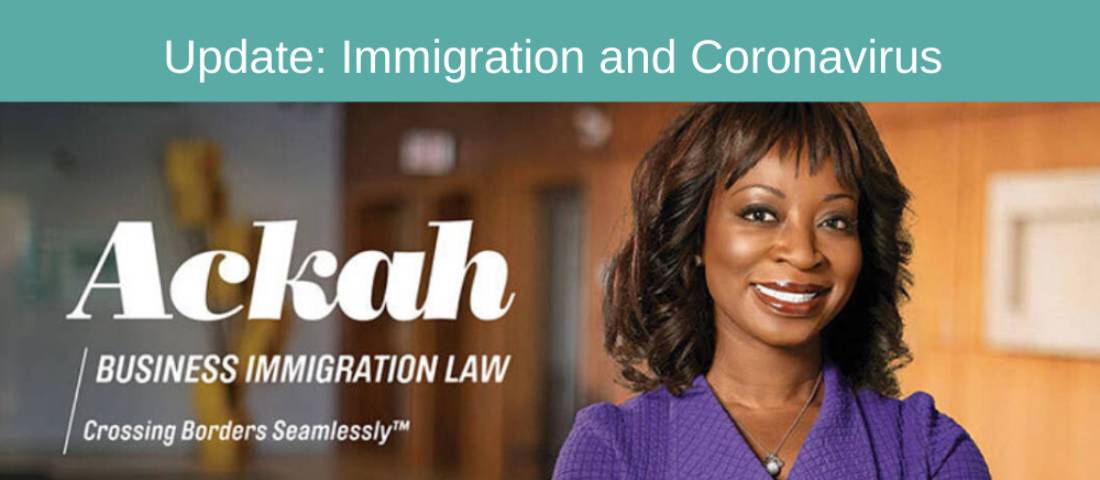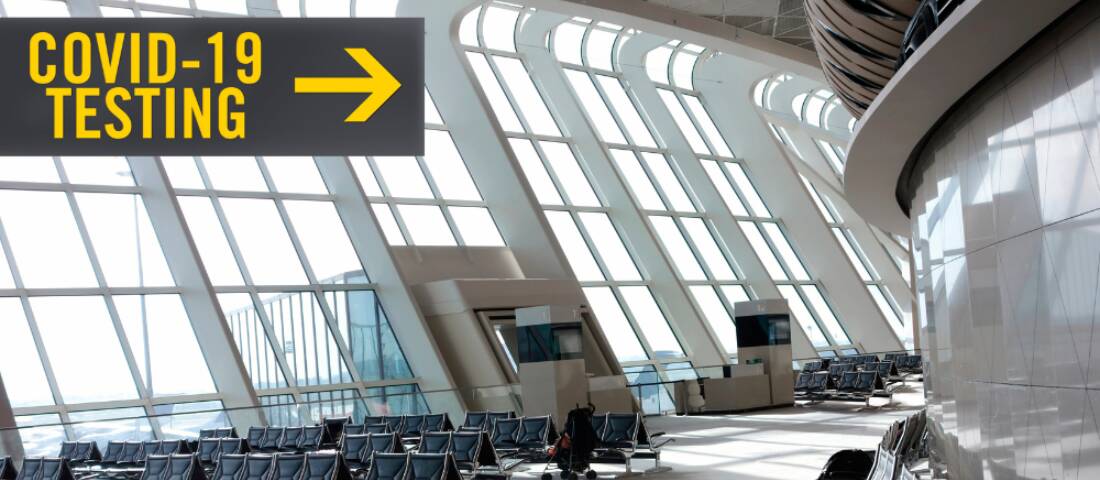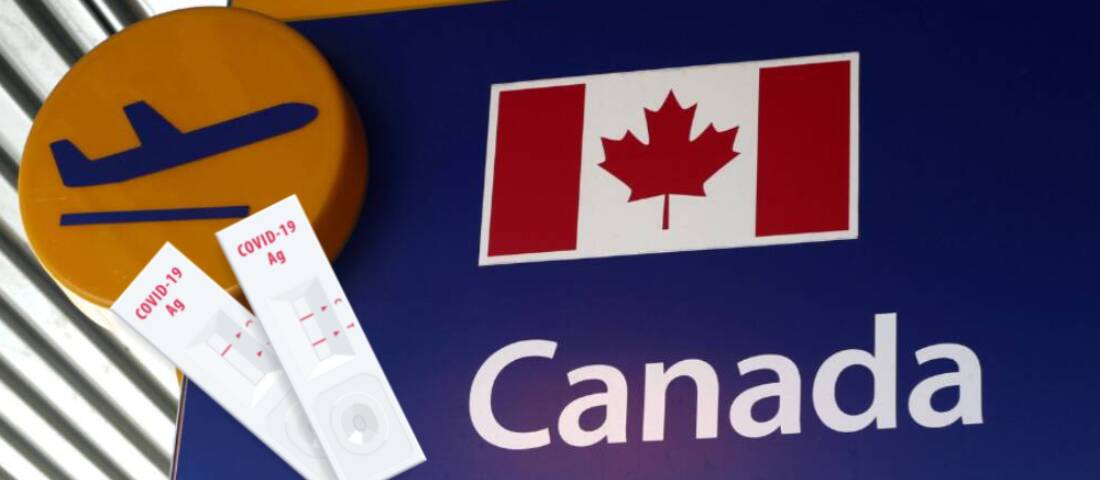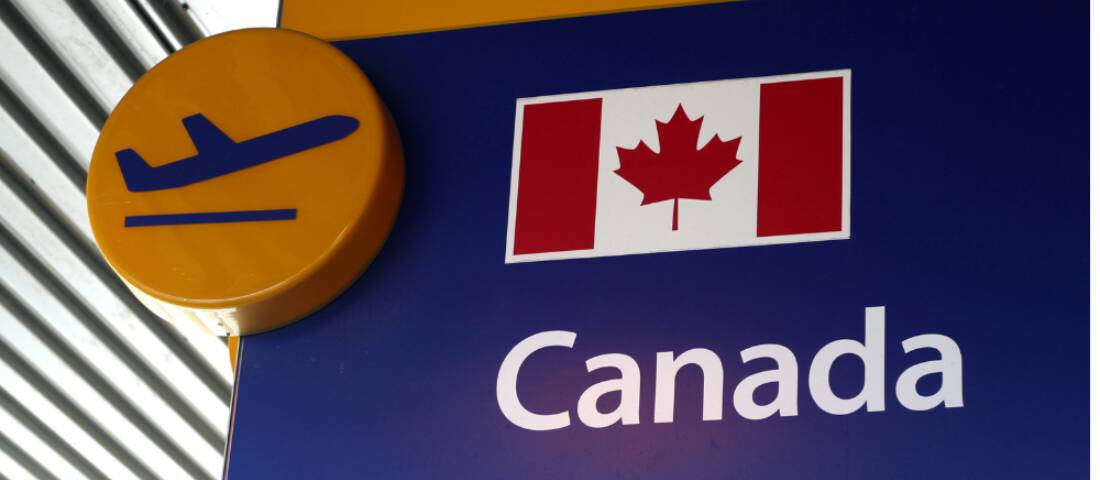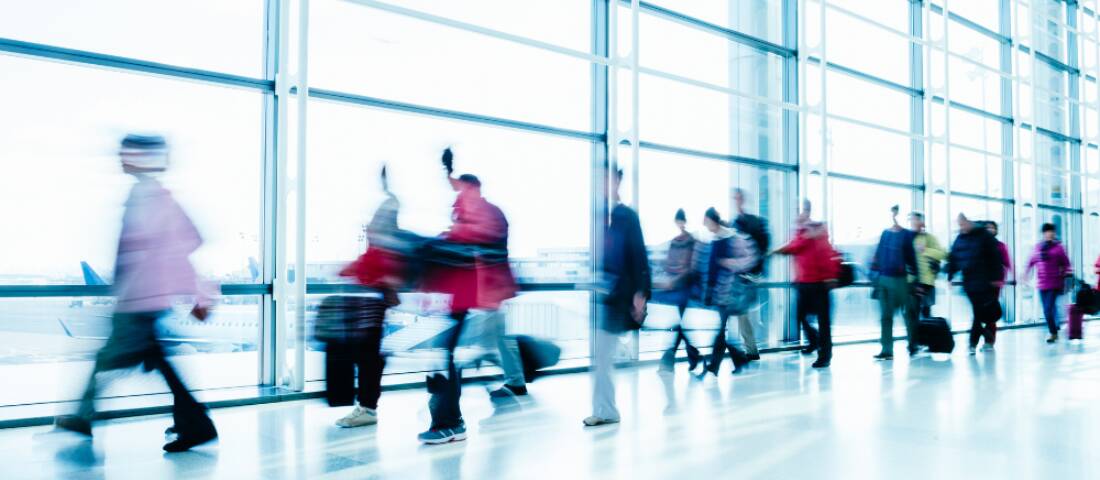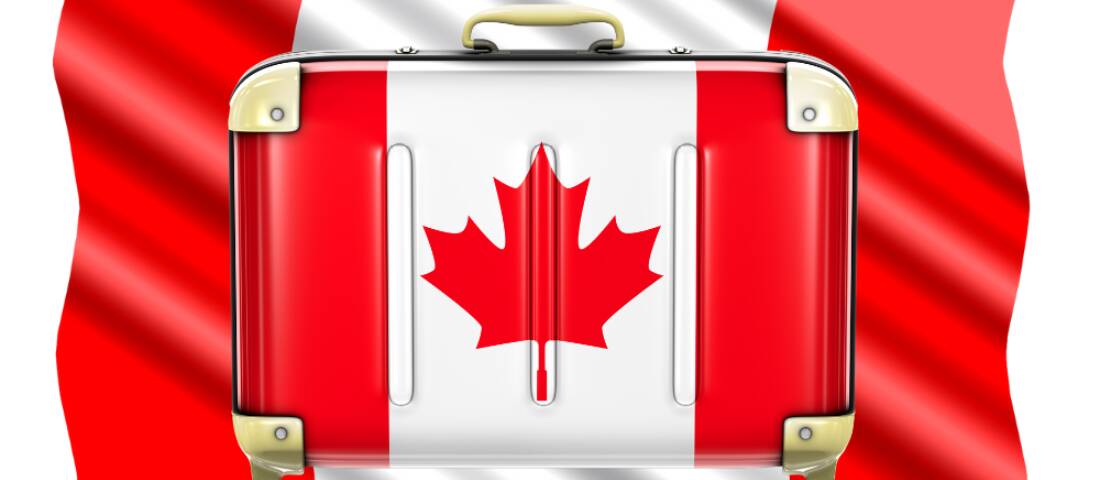Canada has updated the quarantine rules for incoming travellers. The Government of Canada's Emergency Order under the Quarantine Act already requires persons entering Canada by air, land or sea to self-isolate for 14 days if they have symptoms of COVID-19, or to quarantine themselves for 14 days if they are asymptomatic to limit the spread of COVID-19.
As of April 14, travellers to Canada must also:
- self-quarantine upon their arrival in Canada
- have a place to quarantine in place before they arrive in Canada
- wear a face mask on their way to their quarantine location
"As our knowledge about COVID-19 evolves, we continue to adjust our response to this epidemic. These changes will make it clearer to asymptomatic travellers arriving in Canada that they need to have an appropriate place to self-isolate, where they will not put any vulnerable people such as adults aged 65 years or over and people with pre-existing medical conditions at risk."
The Honourable Patty Hajdu
Minister of Health
Travellers who do not have an appropriate place to isolate or quarantine themselves must go to a location designated by Canadian health officials, such as a hotel.
Canada immigration lawyer Evelyn Ackah recommends you start your immigration application now to avoid the backlog that will happen when the special immigration procedures implemented by IRCC and the Canadian government are eased:
"Immigration applications like Permanent Residence, Spousal Permanent Residence, Express Entry, LMIA, Work Permit extensions from inside Canada and Citizenship applications can all be initiated now. Ackah Law and IRCC are open and processing immigration applications.
Individuals and businesses should initiate immigration applications now to get ahead of the inevitable backlog that will happen when coronavirus restrictions are eased. However, unless you are considered an essential business traveler or are joining immediate family members in Canada, now is not the time to travel to Canada. Consult with an experienced immigration lawyer for advice on immigration questions or travel if you have questions."
Canada Domestic Travel
In addition to restrictions on non-essential travel between the United States and Canada, some Canadian provinces and territories have put in place specific restrictions for domestic travel across their borders.
The United States Embassy in Ottawa issued a comprehensive list of Canadian domestic travel restrictions on April 15, and recommend you check the link for updated information prior to travel:
Canada (nation-wide measures): As of April 15, “travelers returning to Canada during the COVID-19 pandemic must have a credible quarantine plan before they enter the country.” The order strengthens the Quarantine Act and gives authorities expanded abilities to screen travelers’ quarantine plan. If the plan is deemed inadequate, travelers may be denied entry or be required to quarantine in a hotel.
Alberta: No current interprovincial domestic travel restrictions.
British Columbia: No current interprovincial domestic travel restrictions.
Manitoba: No current interprovincial domestic travel restrictions, but the Manitoba government has established highway checkpoints to help inform travelers about the public health measures in place to slow the spread of COVID-19. Public health officials recommend “anyone who returns from international or domestic travel should self-isolate and self-monitor for symptoms for 14 days following their return.”
New Brunswick: “New Brunswick implemented restrictions for all travelers who are arriving from outside the province. This includes interprovincial/territorial and international travel. At this time exemptions are being made for certain individuals, but this is subject to change.”
Newfoundland and Labrador: “Travelers arriving to Newfoundland and Labrador from outside the province are required to self-isolate for 14 days, including those arriving from other provinces and territories in Canada.”
Nova Scotia: Only visitors providing essential services will be admitted to Nova Scotia. All workers, including temporary foreign workers, admitted into the province must self-isolate for 14 days.
Ontario: No current interprovincial domestic travel restrictions.
Prince Edward Island: Anyone coming into Prince Edward Island must self-isolate for 14 days following all out of province travel, including within Canada and the United States.”
Quebec: ”Service de police de la Ville de Gatineau (SPVG) officers are being deployed to strategic entry points to restrict travel to only essential purposes.”
Saskatchewan: No current interprovincial domestic travel restrictions.
Northwest Territories: Travelers must “self-isolate and complete the approved self-isolation plan” for 14 days after arriving in the NWT.
Nuunavut: “Only Nunavut residents and critical workers will be allowed into the territory. Residents will have to provide proof of residency to be allowed to fly into Nunavut. Prior to boarding a plane into the territory, residents will undergo a mandatory 14-day isolation period in either Ottawa, Winnipeg, Edmonton or Yellowknife.”
Yukon: “All visitors to the territory are required to self-isolate for 14 days. This includes anyone returning home from other provinces and territories by road or air, as well as Yukoners returning home by road from Alaska.”
If you have questions about your immigration application or eligibility for you or your team to cross the U.S. / Canada border on business, or other immigration issues during the coronavirus restrictions or for post-restriction business, contact Ackah Law today at (403) 452-9515 Ext. 100 or 1-800-932-1190 or email contact@ackahlaw.com.

